Recommended Reading
Do you know a good book that you think I need to read? I’ve been asking friends this question lately; I figure it’s a “win-win” proposition for me: I get to read a good book, and even if I don’t like it, I learn something about the person recommending it, gain some perspective on what they think I need to learn/understand, or most importantly, I develop knowledge/understanding of something that I previously did not have.
Recently, two very good books were recommended to me: Evidence Not Seen, an autobiography by Darlene Deibler Rose, and Knots Untied by J.C. Ryle.
Evidence Not Seen is the story of a young, newlywed, American missionary to Papua New Guinea at the start of WWII. She is imprisoned in a Japanese prison camp, her missionary husband dies, she is tortured, and comes within minutes of being executed. It is an incredible and inspirational story of faith in action.
But I want to focus here on Knots Untied. Its author, J.C. Ryle, was a 19th century, English, evangelical, Anglican Bishop, and a theologian, pastor, and prolific writer. In Knots Untied, he unabashedly defends Evangelical Christianity. The word “evangelical” in contemporary culture has taken a negative connotation, describing crazed, backwood, ignorant, close-minded, and bigoted Christians. How we let this happen, I do not know.
The term “evangelical” comes from the Greek word “evangelion,” meaning the “good news” or the “gospel.” Emphasizing the “good news” that Jesus died on the cross for the atonement of our sins so that we can have a right relationship with our Heavenly Father should not be all that controversial. But this good news, the source of this good news, why this good news was necessary, and its impact on our lives is controversial to some—it is today, and it was back in the 19th century when Ryle wrote this book.
In Knots Untied, Ryle summarizes five characteristics of “Evangelical Religion.” At Grace Church, we say that we are “Evangelical,” and Ryle’s five characteristics of “Evangelical Religion” say a lot about what we believe:
1.) Evangelicals believe in the absolute supremacy of Holy Scripture as the only rule of faith and practice, the only test of truth, and the only judge of controversy.
2.) Evangelicals acutely appreciate the doctrine of human sinfulness and corruption.
3.) Evangelicals place paramount importance on the work and office of our Lord Jesus Christ and on the nature of the salvation that He has wrought for man.
4.) Evangelicals assign a high place to the inward work of the Holy Spirit in the heart of man.
5.) Evangelicals attach importance to the outward and visible work of the Holy Spirit in the life of man.
Are there other characteristics of being “evangelical”? I believe that many would say that there are, but what those characteristics are, I expect, would be subject to debate. But what lies at the heart of “evangelion” is the gospel: The good news that Jesus Christ bore our sin on the cross so that we, who are unworthy of it and incapable of earning it, can be in a right relationship with our Father and enjoy Him forever. And for that “evangelion” I am forever grateful, and I am not embarrassed to proclaim it.
Do you have a good book that you think I need to read?
Carter


